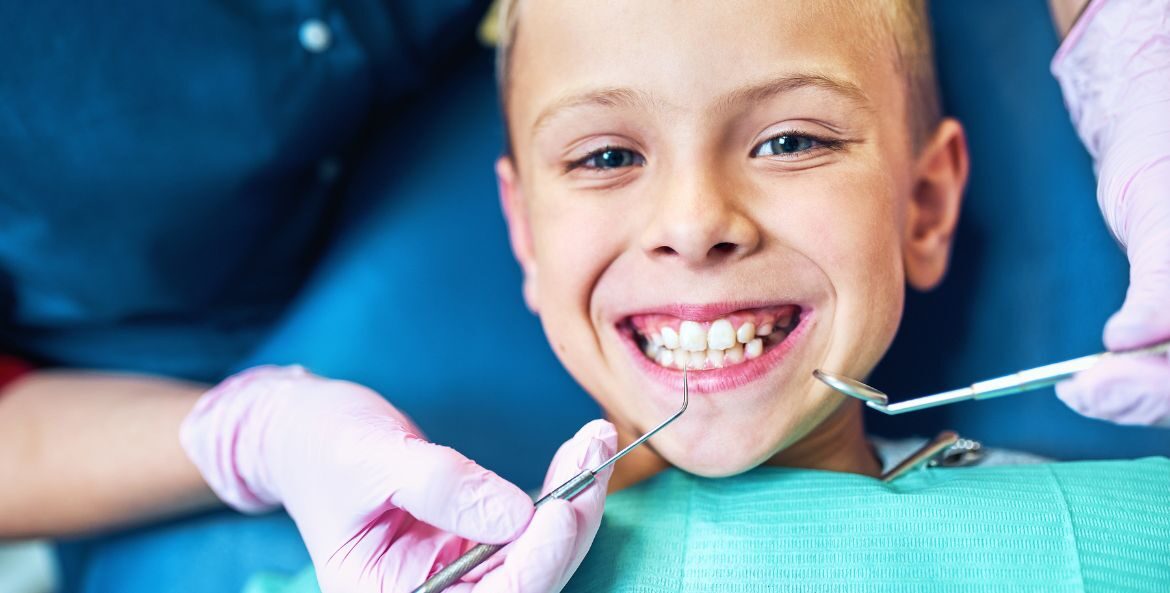1. Brush gently and regularly with fluoride.
Apart from brushing after every meal, it is also essential to follow the proper way of brushing. Brushing with too much force can destroy the tooth’s enamel, which can cause tooth sensitivity and gum erosion.Choose the right brush. A soft bristle toothbrush is more gentle on the teeth compared with a hard bristle brush. Do not forget to change your toothbrush every three months or when the bristles start to look frayed.
2. Get regular dental check-ups.
Getting dental check-ups twice a year will allow your dentist to check for cavities, gum disease, and cancers. These visits will also give you a chance to have your regular oral cleaning– a technique used by dental hygienists to clean your teeth from plaque and tartar.3. Quit smoking.
Apart from the health risks smoking brings to the body, it can also affect your oral health. People who smoke appear to have yellow teeth and a discolored tongue. Smoking can also slow the healing of dental procedures and causes bad breath.4. Limit sugary and starchy foods.
If you have a sweet tooth, consider lowering or altogether avoid sugary treats and processed foods. Processed foods contain added sugar and are often as bad as desserts.Starchy foods like rice, crackers, pasta, etc., break down into simple sugars which acid-producing bacteria in your mouth feed. The acid produced by such bacteria can erode the enamel and cause cavities.
Experts suggest, to avoid sugary and starchy foods, eat more fruits and vegetables rich in fiber. These foods do not only nourish your body but also keep your teeth strong.
5. Drink more water and avoid sugary drinks.
Beverages with high sugar content are the number one source of added sugars in the typical American diet. Consuming sugary drinks like pop, fruit juices and other processed or artificial drinks leads to higher risks of cavities. Added sugar in your diet poses not only dangers to your oral health but also your entire body.6. Use a mouthwash.
Rinsing your mouth with mouthwash at least twice a day, completes your oral hygiene. Mouthwash can remove plaque, and kill bacteria in your mouth while protecting your teeth.To rinse with mouthwash properly, ensure to swish it in your mouth for at least 30 seconds and expel. Refrain from eating and drinking for a minimum of 30 minutes to allow the mouthwash to take effect.


